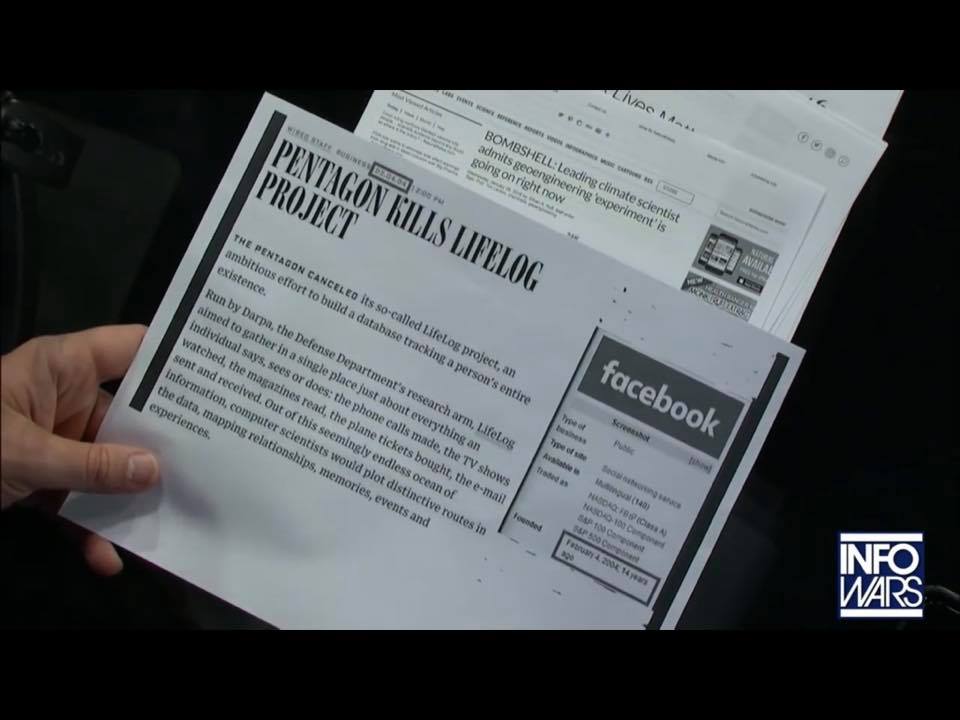

John Pike, director of defense think tank, said he finds the explanations "hard to believe." It also could allow the military to develop more efficient computerized training systems, she said: Computers could remember how each student learns and interacts with the training system, then tailor the lessons accordingly. "The technology could allow the military to develop computerized assistants for war fighters and commanders that can be more effective because they can easily access the user's past experiences," DARPA spokeswoman Jan Walker speculated in an e-mail. But the agency does see some potential battlefield uses for the program.

In the private sector, a number of LifeLog-like efforts already are underway to digitally archive one's life - to create a "surrogate memory," as minicomputer pioneer Gordon Bell calls it.īell, now with Microsoft, scans all his letters and memos, records his conversations, saves all the Web pages he's visited and e-mails he's received and puts them into an electronic storehouse dubbed MyLifeBits.ĭARPA's LifeLog would take this concept several steps further by tracking where people go and what they see.ĭARPA isn't quite so philosophical about LifeLog. "LifeLog has the potential to become something like 'TIA cubed,'" he said. While the parameters of the project have not yet been determined, Aftergood said he believes LifeLog could go far beyond TIA's scope, adding physical information (like how we feel) and media data (like what we read) to this transactional data. With its controversial Total Information Awareness database project, DARPA already is planning to track all of an individual's "transactional data" - like what we buy and who gets our e-mail.


 0 kommentar(er)
0 kommentar(er)
